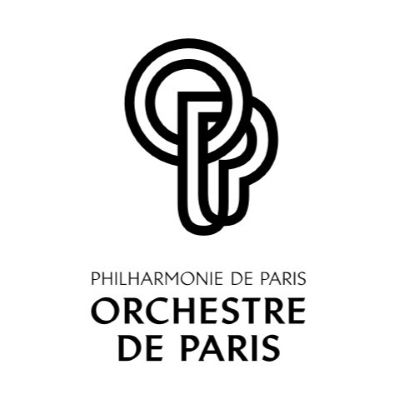Heir to the Société des Concerts du Conservatoire founded in 1828, the Orchestra gave its inaugural concert on 14 November 1967 under the direction of Charles Munch. Herbert von Karajan, Sir Georg Solti, Daniel Barenboim, Semyon Bychkov, Christoph von Dohnányi, Christoph Eschenbach, Paavo Järvi and finally Daniel Harding have all conducted the Orchestra. In September 2021 Klaus Mäkelä was appointed as the tenth music director of the Orchestre de Paris for a six-year term, succeeding Daniel Harding.
After many changes during half a century of history, the Orchestre de Paris became the principal resident orchestra of the Philharmonie de Paris as soon as it opened in January 2015, before joining this unique cultural centre as a permanent orchestra in January 2019. The backbone of the Philharmonie's programming, the Orchestre de Paris now participates in a number of the institution's flagship programmes, including Démos (a social music and orchestral education programme), a bridge between conservatories and the most disadvantaged children, as well as La Maestra, an international competition that aims to promote parity in orchestral conducting.
The Orchestre de Paris is France's leading symphony orchestra, with its 119 musicians giving around one hundred concerts each season at the Philharmonie or on international tours. Its activities are in line with the French musical tradition, playing a major role in promoting the repertoires of the nineteenth and twentieth centuries, as well as contemporary creation by hosting composers in residence, the creation of numerous works and the presentation of cycles devoted to the key figures of the twentieth century (Messiaen, Dutilleux, Boulez, etc.).
Since its first American tour in 1968 with Charles Munch, the Orchestre de Paris has been a regular guest on the major musical stages and has forged special links with the musical capitals of Europe, as well as with Japanese, Korean and Chinese audiences. Strengthened by its position at the centre of the Philharmonie de Paris' artistic and educational system, the Orchestra has made young audiences a priority. Whether in the various spaces of the Philharmonie or outside the walls - in Paris or in the suburbs - it offers a wide range of activities aimed at families, schoolchildren or individuals who are not familiar with music or who are vulnerable. In order to make the talent of its musicians available to as many people as possible, the Orchestra is diversifying its audiovisual policy by forming partnerships with Radio Classique, Arte and Mezzo.








